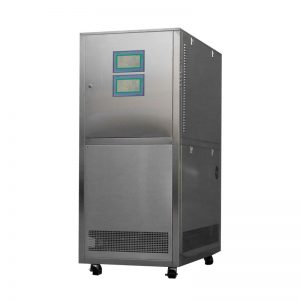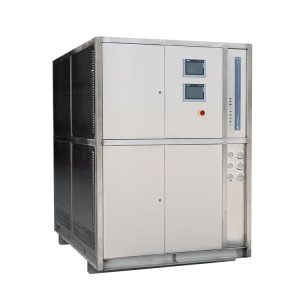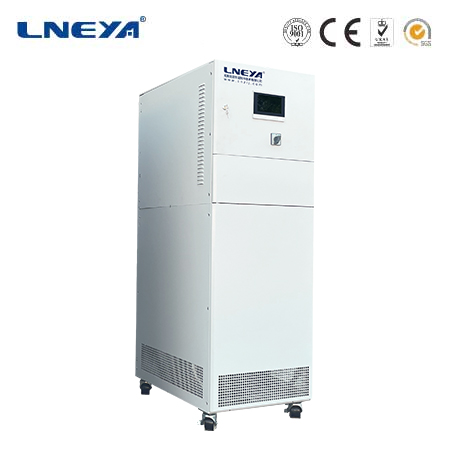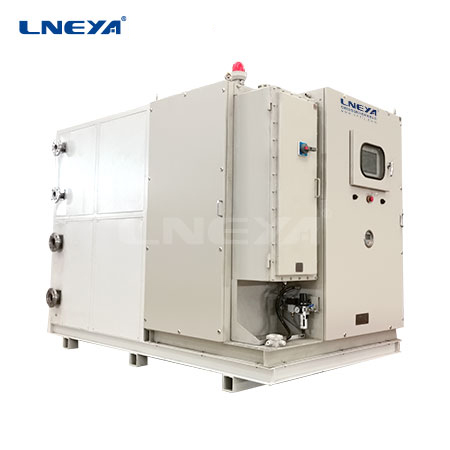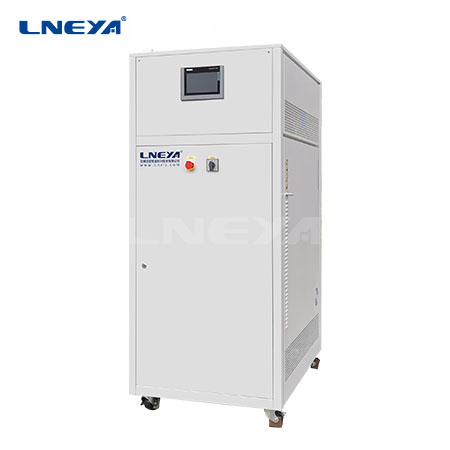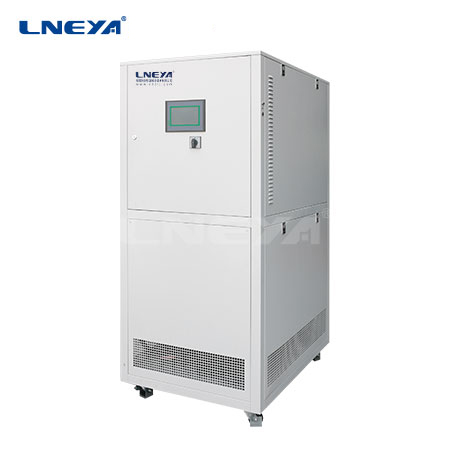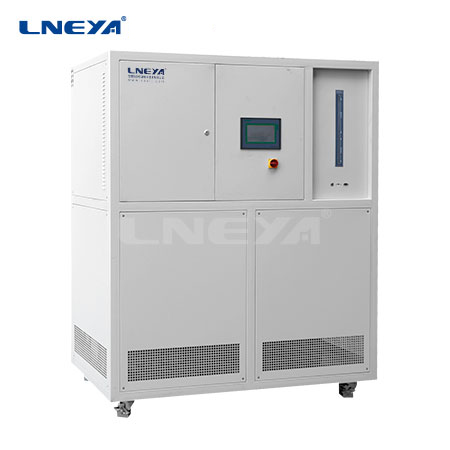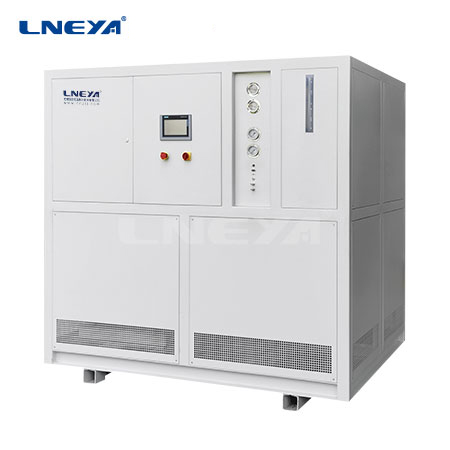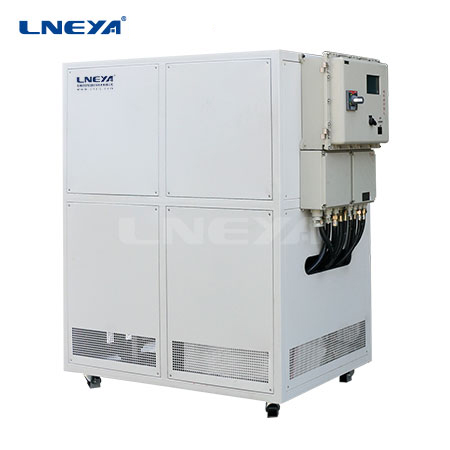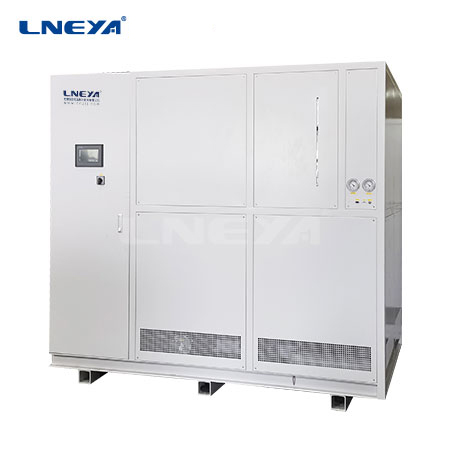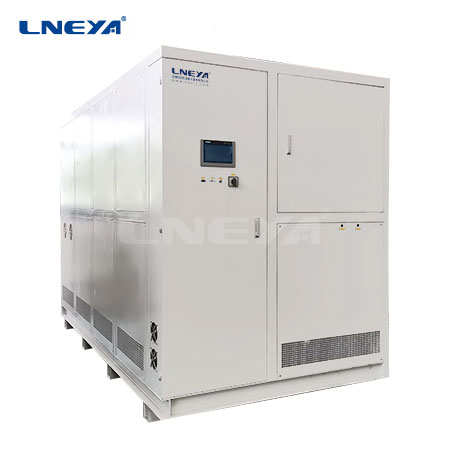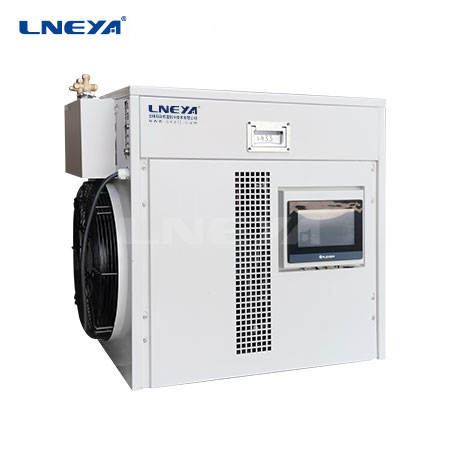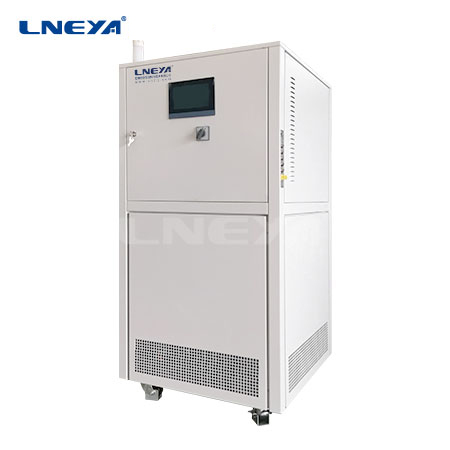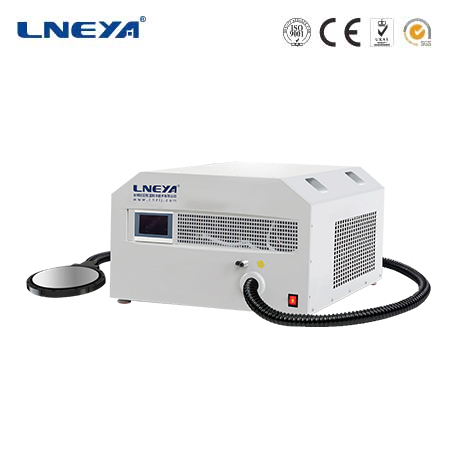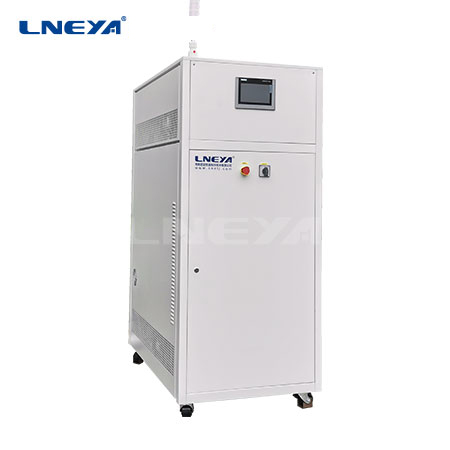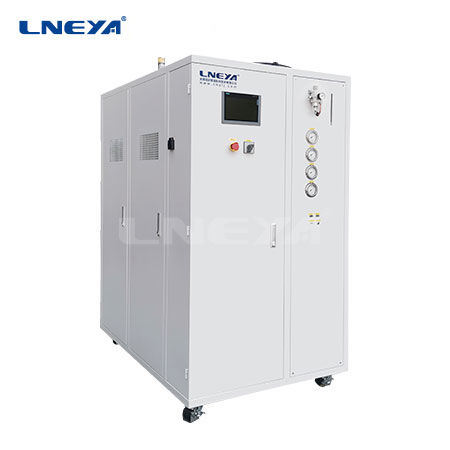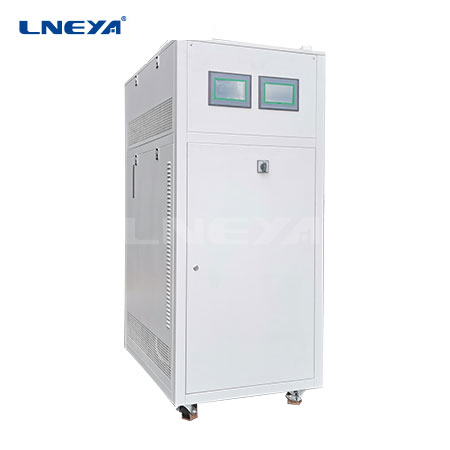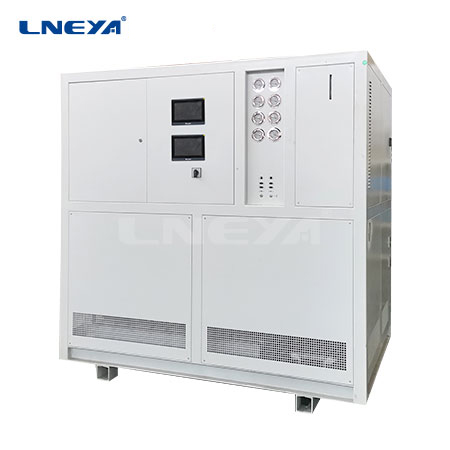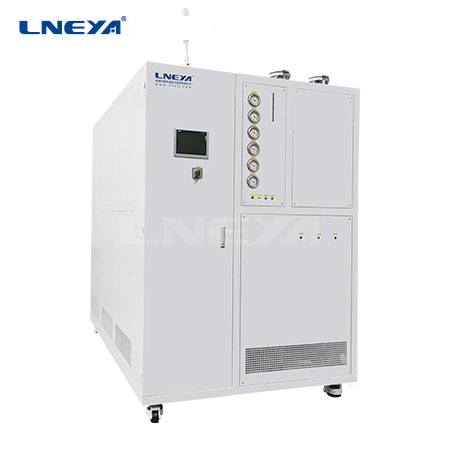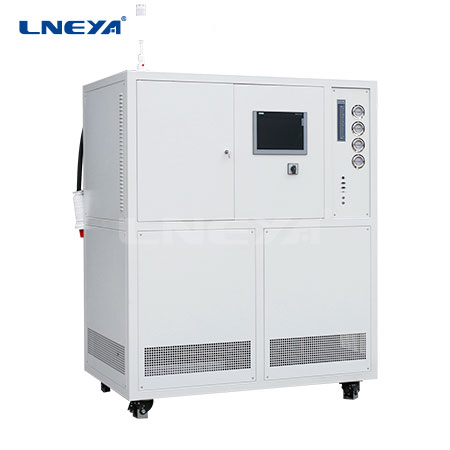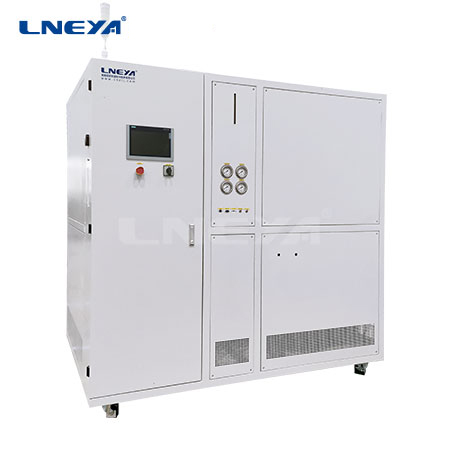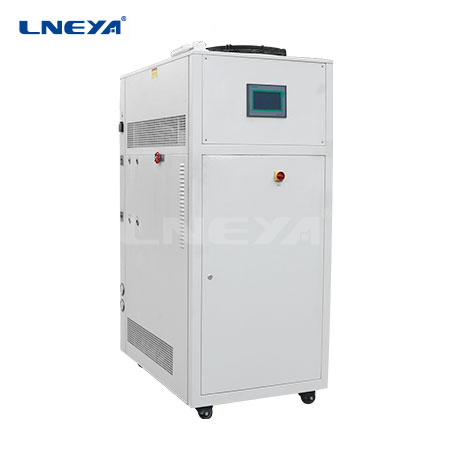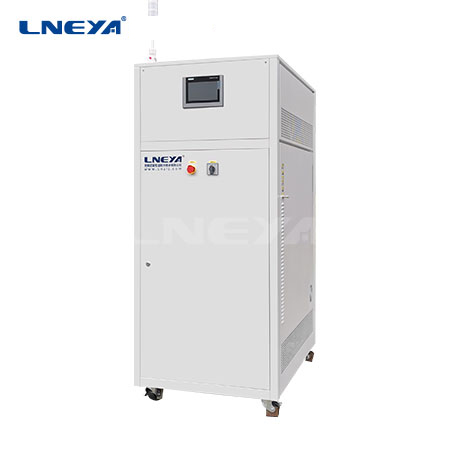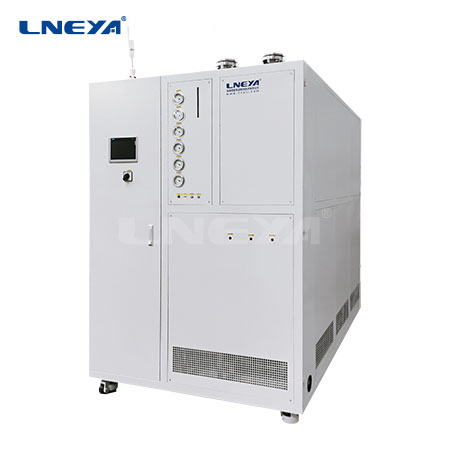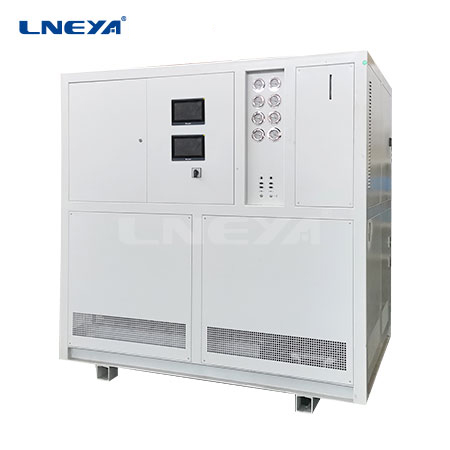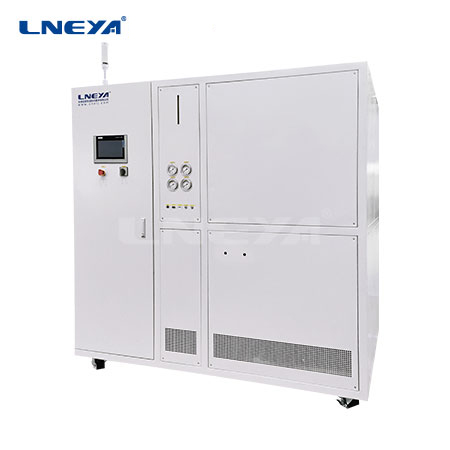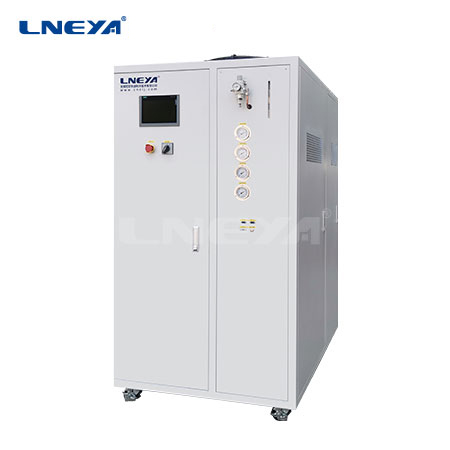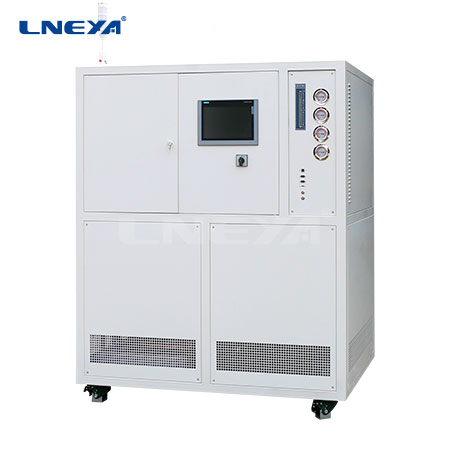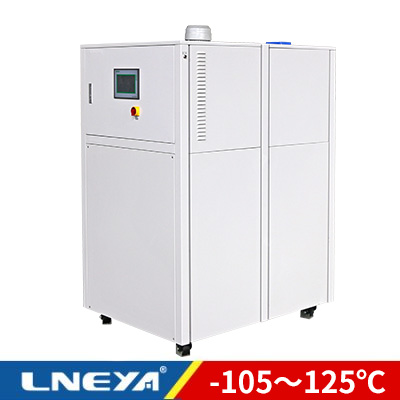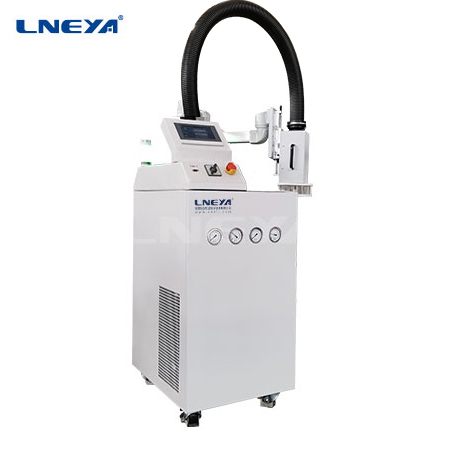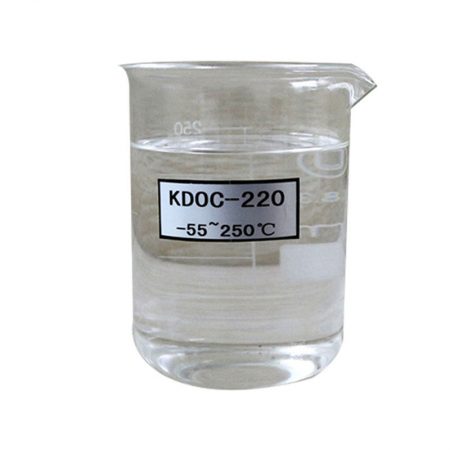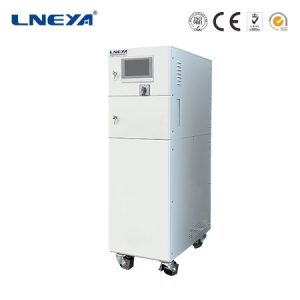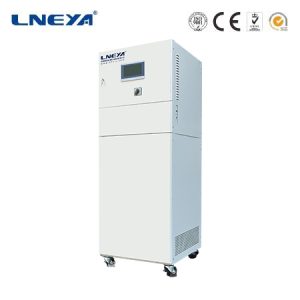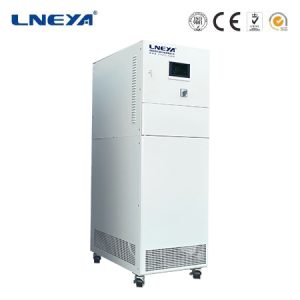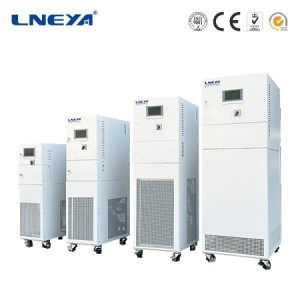Air Cooling vs. Water Cooling Systems: A Comprehensive Comparison
Cooling systems are indispensable in various industrial and commercial applications, and the choice between air cooling and water cooling systems can significantly affect performance, efficiency, and cost. This article explores the fundamental differences between air and water cooling systems, offering insights into their respective mechanisms, benefits, and limitations.

Principles of Air Cooling Systems
Air cooling systems operate by using fans to circulate air over heat exchangers, dissipating heat into the surrounding environment. These systems are simple, cost-effective, and easy to maintain. However, they are more susceptible to ambient temperature fluctuations and may require additional energy to function efficiently in hot climates.
Principles of Water Cooling Systems
Water cooling systems utilize water or other coolants to absorb and transport heat away from heat-generating components. They are often more complex and costly than air cooling systems but offer superior heat transfer capabilities and can operate more efficiently in higher ambient temperatures.
Advantages of Air Cooling Systems
Simplicity: Air cooling systems are straightforward to install and maintain.
Cost-Effectiveness: They generally have lower initial and operational costs.
Reliability: With fewer moving parts, they have a reduced risk of mechanical failure.

Advantages of Water Cooling Systems
Efficiency: Water’s higher heat capacity allows for more effective heat dissipation.
Scalability: They can be easily scaled to meet the cooling demands of large systems.
Control: Advanced control systems can optimize water flow and temperature for peak performance.
Disadvantages of Air Cooling Systems
Ambient Temperature Dependency: Performance can degrade in hot conditions.
Limited Cooling Capacity: They may not be suitable for high-heat applications.
Space Requirements: Larger heat exchangers may be needed for effective cooling.
Disadvantages of Water Cooling Systems
Complexity: They require more intricate installation and maintenance.
Cost: Initial and ongoing costs are typically higher than air cooling systems.
Potential for Leaks: Water systems carry the risk of leaks and associated damage.
Environmental Impact
Air cooling systems have a lower environmental impact due to the absence of coolants, while water cooling systems must manage the environmental effects of coolant use and disposal.

Specific Use Cases
Air Cooling: Suitable for applications with moderate heat loads and in climates with moderate temperatures.
Water Cooling: Ideal for high-heat applications, data centers, and situations where space is limited.
Selecting the Right Cooling System
When choosing between air and water cooling systems, consider factors such as:
Heat Load: The amount of heat that needs to be dissipated.
Climate: The ambient temperature and its impact on cooling efficiency.
Space: The available space for the cooling system and its components.
Budget: The financial resources for initial investment and maintenance.
Maintenance: The level of ongoing care required for the system.
Conclusion
Both air and water cooling systems have their unique advantages and disadvantages, making them suitable for different applications. The choice between them should be based on a thorough evaluation of the specific requirements and constraints of the application in question. By understanding the principles, benefits, and limitations of each system, users can select the most appropriate cooling solution for their needs.
This article aims to provide a balanced and comprehensive comparison of air and water cooling systems, ensuring that readers have the necessary information to make informed decisions regarding their cooling requirements. By considering the various aspects discussed, users can optimize their cooling systems for efficiency, cost-effectiveness, and reliability.
 LNEYA
LNEYA
 简体中文
简体中文










